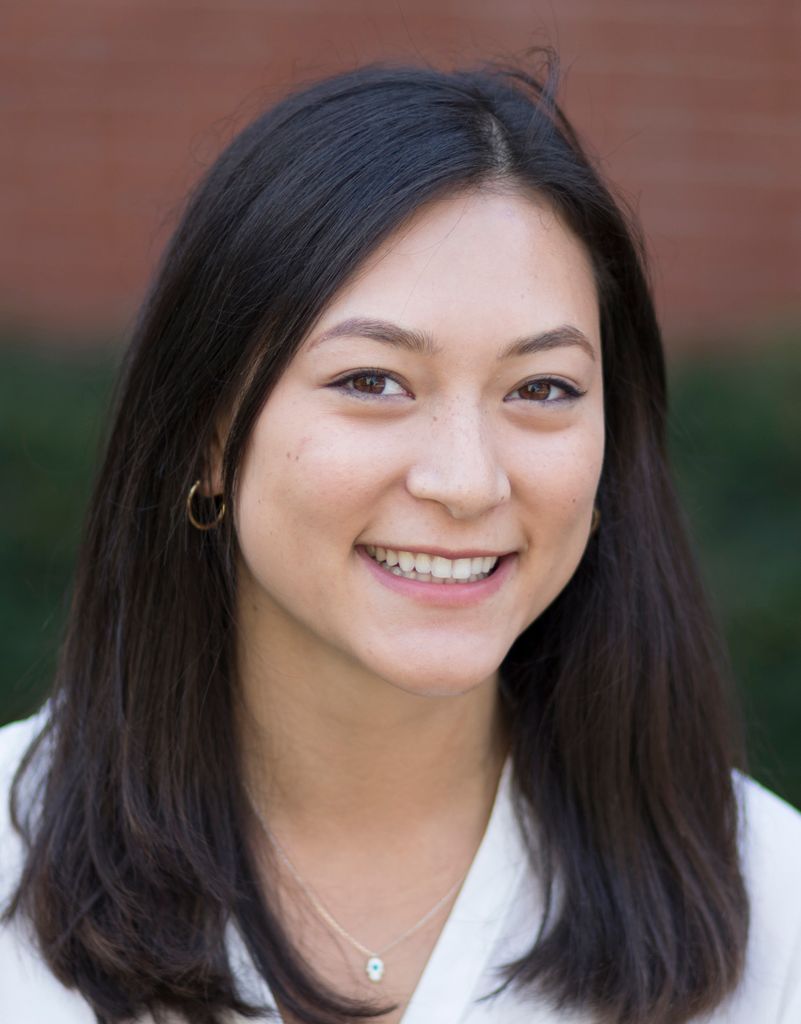Alum Drives Policy to Fund Mental Health and Substance Use Treatment in Mass.
Alum Drives Policy to Fund Mental Health and Substance Use Treatment in Mass.
Ahead of the Activist Lab’s Alumni Speaker Series on October 17, Abigail Kim (SPH’18) shared more about her public health journey and role as the senior director of public policy at the Association for Behavioral Healthcare.
For School of Public Health alum Abigail Kim (SPH’18), being a public health activist means having a “clarity of vision about the type of society we ought to live in, and the energy to pursue it.” Kim makes sure to keep this idea at the forefront of her work each and every day.

She is the senior director of public policy at the Association for Behavioral Healthcare (ABH), which has been the leading advocacy organization for mental health and addiction services in Massachusetts for over 30 years. In her role, Kim’s work centers on enacting policy and legislative and regulatory change to increase access to community-based, publicly funded mental health and substance use treatments.
On Monday, October 17, Kim will join the Activist Lab for their new Activist Alumni Speaker Series, which aims to highlight SPH alums who are translating their knowledge and skills into meaningful action. At the event, Kim will share more about her advocacy work and public health journey so far with current students and fellow alumni.
Ahead of the event, Kim sat down to discuss what fuels her public health work, how advocacy has shown up throughout her career, and how her time at SPH prepared her to do the work she is doing now.
Q&A
with Abigail Kim
What brought you to public health and the work you are doing today?
I think like many people at BUSPH, I was interested in understanding the social determinants of health through a public health lens before I had the terminology to know it. I began my career in clinical research, working with individuals with substance use and mental health disorders, where I felt the ripple effects of failed, systemic policies and decades of a racist “War on Drugs” mentality.
As a result, I began grassroots organizing in my community, specifically with the Student Coalition on Addiction (SCA) and SIFMA Now!, in order to better contribute to movement building at the intersection of housing/homelessness, substance use and criminal legal policy reform.
I was led to an MPH with a focus on health policy and law after learning from the dedicated advocates in those groups, and have since pursued a career in public policy. I think I have maintained a healthy and righteous indignation about the way our society pushes people who are experiencing homelessness and people with substance use and/or mental health disorders to the margins, and I let that motivate me.
Core to the mission of ABH is “promoting and advocating for community-based mental health and addiction treatment services.” Can you talk about the inherent link between public health and advocacy, and how this shows up in your own work?
The structure of ABH allows for me to hear directly from providers about issues facing their programs and translate that into actions that can improve access and quality of care for the people they serve. For example, we knew that there was a workforce and access crisis in our outpatient mental health programs, so we surveyed members and released an issue brief to quantify the problem and propose solutions. The media, providers, policy makers, and advocates (including me) were shocked to find out that more clinicians were leaving mental health clinics than could be hired, and that this staffing crisis is translating into access concerns, including a 15.3-week average wait time for therapy for children and adolescents. A behavioral health system that is not able to serve thousands of individuals on wait lists is not functioning correctly, so we are constantly utilizing data, research, and provider testimony to inform policymaking.
What advice do you have for future public health leaders?
Learn from and listen to the advocates and movements that came before you, as well as those with lived experience.
What did you enjoy most about your time at SPH?
Working and taking classes on the BUMC campus shaped my career, and continues to inform my practice today. SPH is situated in one of the most hotly debated areas of Massachusetts, at the doorstep of overlapping public health crises of homelessness and increasing overdose rates. I benefited from being able to take my public health learning and put it into practice in real-time.
How did your time at SPH prepare you to do the work that you are doing now?
I think about Kingdon’s Theory of Change an inordinate amount. It’s a theory I learned in Professor David Jones‘ class, which posits that policy change happens when three streams align: the problem, policy, and politics. Much of my work is focused on creating the conditions to enable that alignment.
To attend the Activist Alumni Speaker Series on Monday, October 17 in-person or online, please register here. If you are an alum interested in participating in the series as a guest speaker, please reach out to the Activist Lab at activist@bu.edu.
Comments & Discussion
Boston University moderates comments to facilitate an informed, substantive, civil conversation. Abusive, profane, self-promotional, misleading, incoherent or off-topic comments will be rejected. Moderators are staffed during regular business hours (EST) and can only accept comments written in English. Statistics or facts must include a citation or a link to the citation.